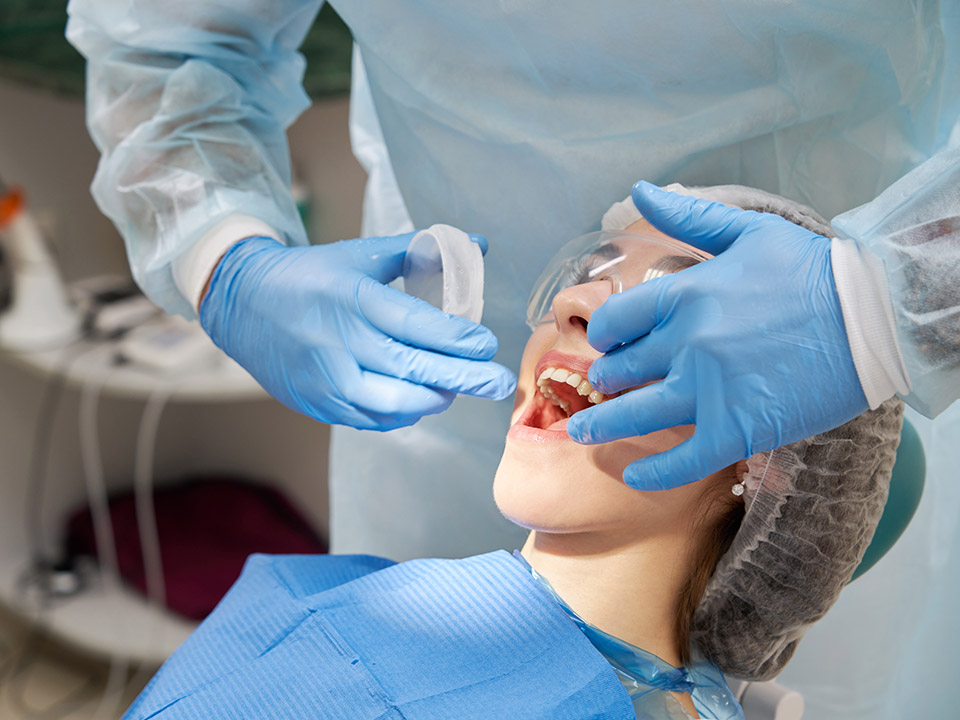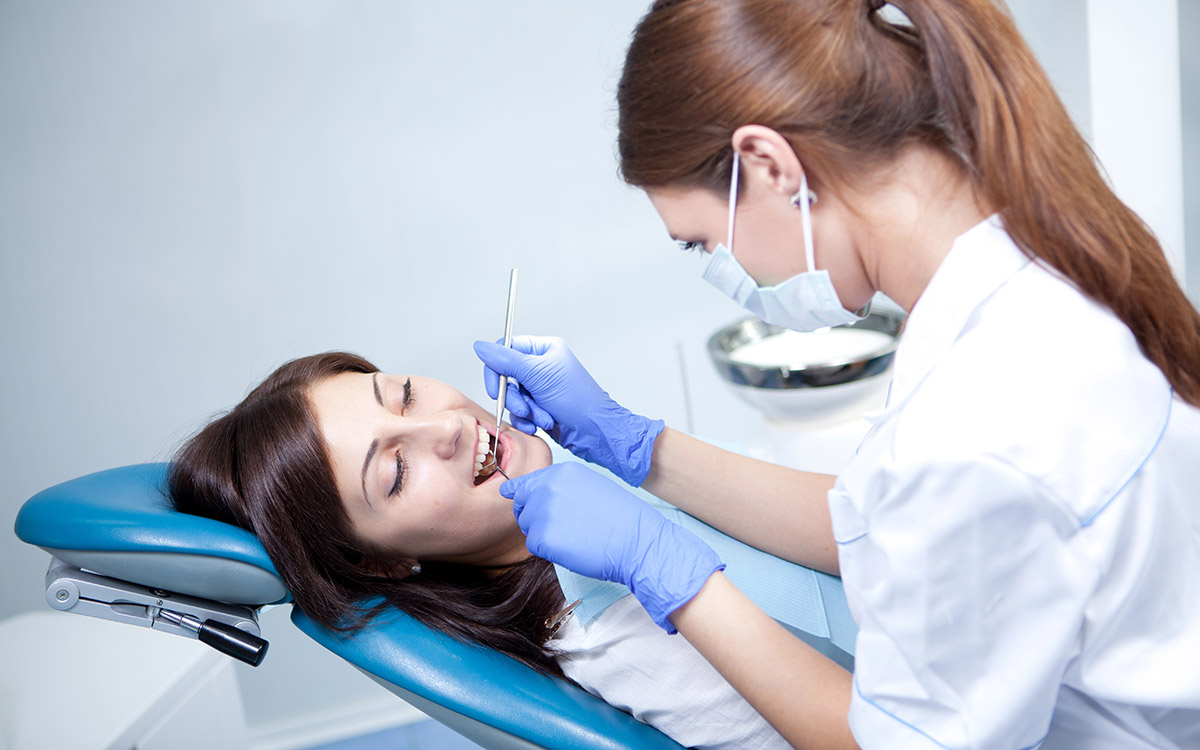The human body reacts to stress in different ways. Some people reach for comfy foods, while others turn to drinking and smoking. For most people, the response is an unhealthy habit that can place your health at risk, on top of the effects of stress on your body.
It may come as a surprise, but mental health is closely associated with oral health, such that stress can impact your dental health. Therefore, if you notice symptoms of stress, you need to be wary of your dental health to prevent permanent damage.
The information below should be useful as it covers some things you can do to care for your teeth while under stress. Similarly, it outlines some ways stress can affect your dental health so you can be more aware of your triggers and manage them.
Oral Conditions You May Develop Due To Stress
Bruxism
This is a condition where you grind your teeth. It is common if you are stressed and anxious. Most people do it unconsciously, especially at night when they are sleeping. This behavior, unfortunately, has multiple disadvantages to your dental health. It will cause wear and tear on your teeth, leading to chipping, cracking, and breaking. It can also erode the enamel leading to sensitivity and the likelihood of developing infections.
Gum Disease
Gum disease is when you develop inflamed gums that bleed, discolor, and ache constantly. It can occur due to stress as the mental impact lowers your immunity, making you more susceptible to infections. Similarly, stress can make you neglect your dental health triggering gum infections. Unfortunately, gum disease can lead to tooth loss and receding gums without proper care. Therefore, ensure you seek medical attention quickly.
Dry Mouth
Dry mouth is where your body does not produce enough saliva to keep your mouth moist and free from bacteria. Stress can hinder saliva production, putting you at risk of developing multiple dental diseases, including tooth decay.
It occurs since bacteria do not get flushed away and instead stick to the teeth and gums, causing these problems. Also, taking on habits such as smoking and drinking when stressed elevates your chances of developing dry mouth.
Canker Sores
Canker sores are shallow bumps or lesions that develop on the mouth due to stress. These ulcers can also be triggered by brushing too hard and eating highly acidic foods. Also, stress makes you more likely to develop sores if you bite your inner cheek. While some are harmless, others cause pain and discomfort when eating. They often go away on their own so just manage your stress to reduce the symptoms.
Tooth Decay
Tooth decay occurs due to neglecting your oral health when you are stressed. It can be hard to maintain a daily oral care routine when dealing with mental distress. This leads to neglect, making your mouth more likely to develop infections such as tooth decay. You could suffer tooth loss and permanent damage without proper management and returning to your oral hygiene routine.
Cold Sores
Cold sores develop due to the herpes simplex virus. But they mostly remain inactive until they are triggered by stress. It manifests as lesions in the corner of the mouth and gums, making it challenging to brush and floss. The cold sores can last a few days, so be sure to manage your stress to help reduce their appearance. Also, keep up with your oral hygiene routine.
TMJ disorder
And lastly, the TMJ disorder is when the temporomandibular joints become swollen or stiff due to jaw clenching and teeth grinding. It often occurs due to stress as many people clench their jaws or grind their teeth because of stress. You will experience pain and a clicking sound when you bite down. TMJ disorder should not be ignored as it can leave you with permanent damage and pain.
How To Care For Teeth And Gums When Stressed
Managing your stress is the only way to prevent dental diseases and conditions caused by mental distress. Luckily, you can do a few things to improve your stress management abilities or care for your teeth when triggered.
Buy a stress ball
Getting a stress ball is a good way to channel your feelings away from teeth grinding and jaw clenching. Experts recommend a good and durable squishy stress ball or toy you can carry anywhere to help manage stress. There are many variations of this toy so find the one that works for you.
Find an outlet for your emotions
Another good way to manage stress is to find an outlet for your emotions. Some people take up self-defense training, kickboxing, and exercises. You can also try meditating or activities that do not require your mind to be too active such as knitting. Just take on anything that does not harm you or others.
Wear a mouthguard during high–stress situations
Wearing a mouth guard helps keep your teeth intact if you unconsciously grind your teeth or clench your jaw. Invest in a good mouth guard to wear during high-stress situations, such as when you are working. Also, you can talk to your dentist about a custom-fitted one to wear at night when you sleep.
Sleep more
Getting more sleep can help reduce stress or make its effects less severe. Getting enough rest also strengthens your immune system making it better equipped to fight off infections. You should find ways to fall asleep faster at night, such as cutting screen time and reading a physical book before bed.
Wear nail polish or nail gel
And lastly, some people develop nail-biting to deal with stress. Nail-biting is bad for your teeth because it introduces bacteria into the mouth and increases the risk of developing infections. But quitting this habit can be difficult.
Some people have successfully stopped nail-biting by wearing nail polish and gel as the taste is not good. Therefore, when you bite your nails, you will be discouraged by the texture and the taste. You can go for clear versions to look professional. And always wear two coats for effectiveness.







